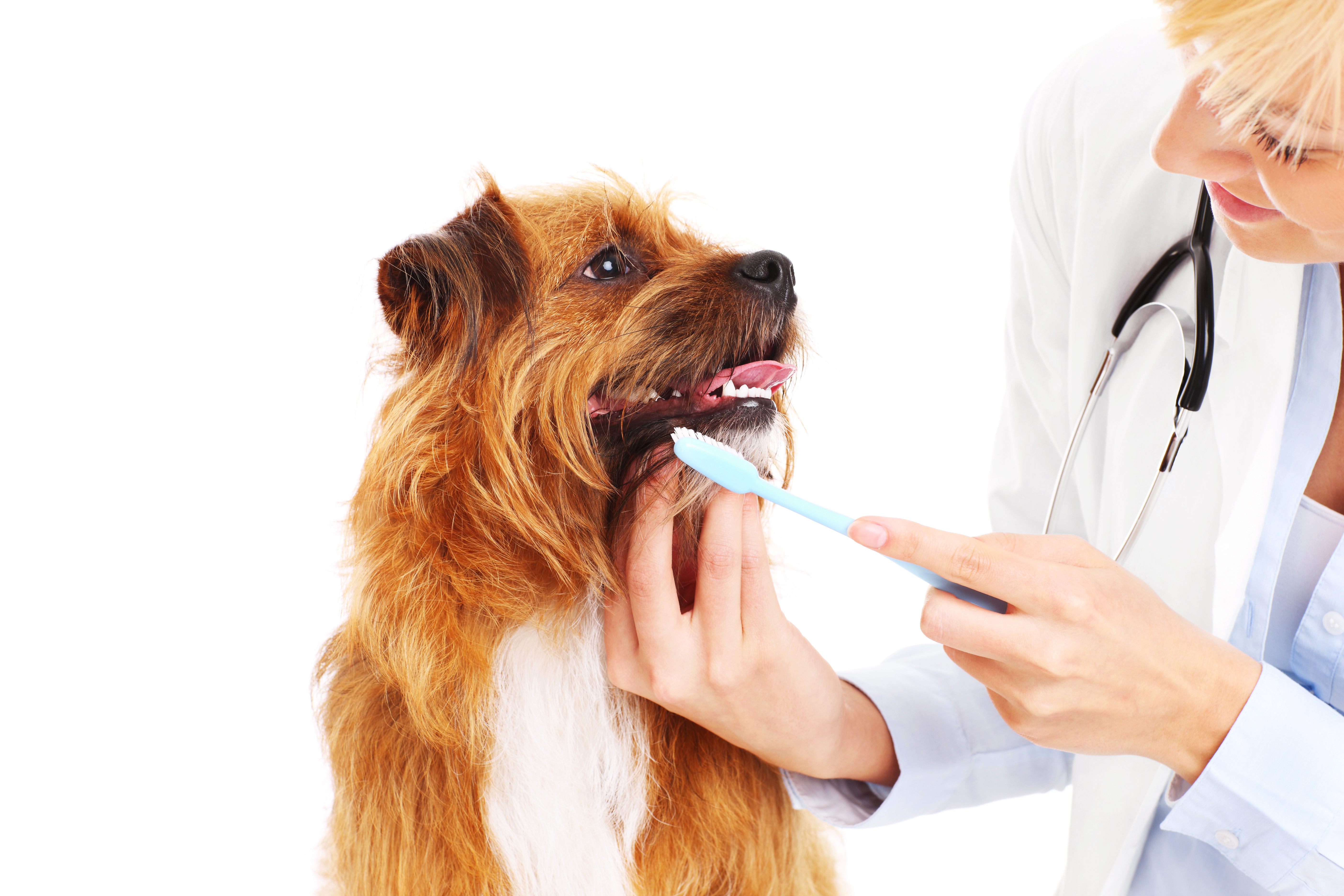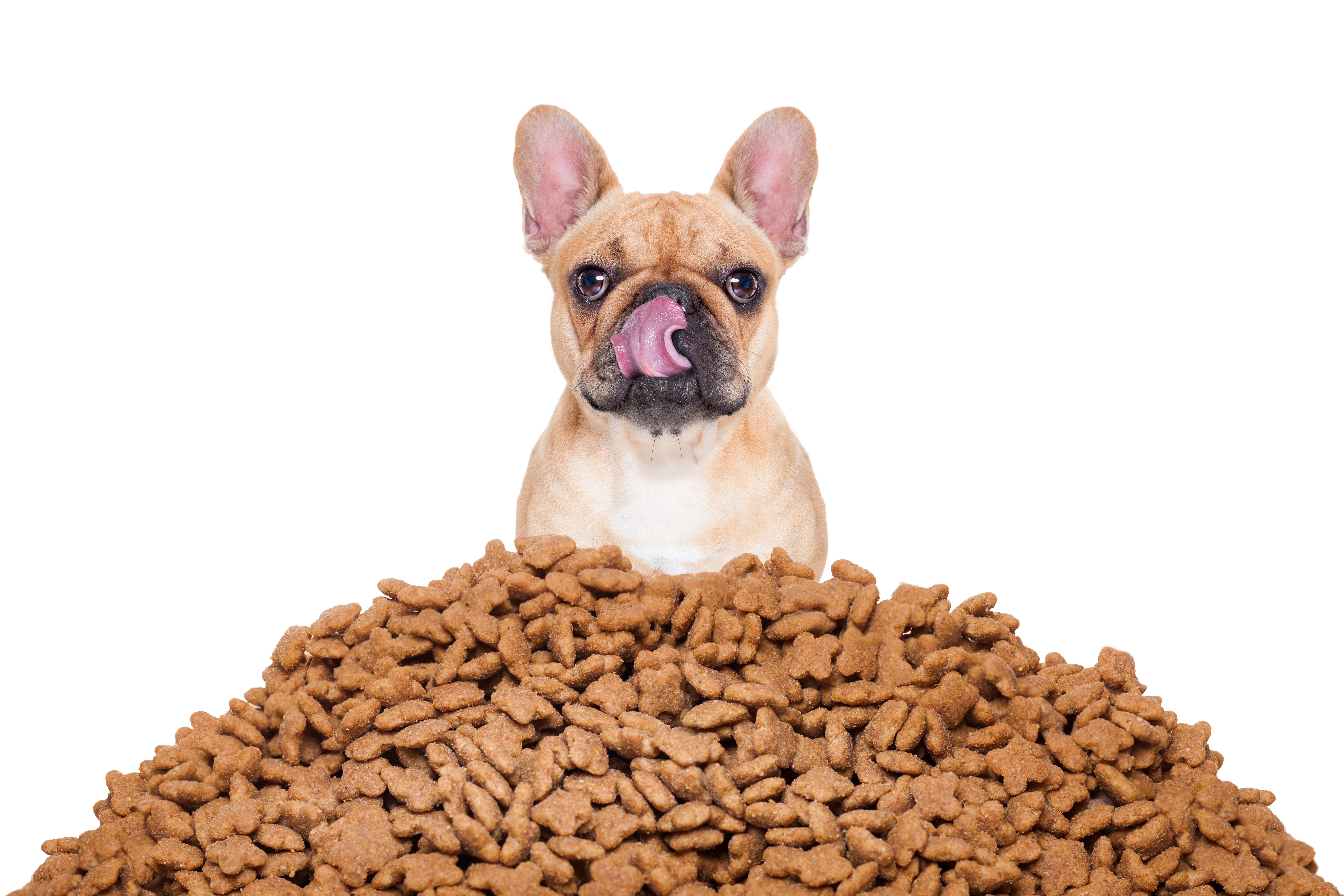So your dog or cat has been diagnosed with heartworm disease, now what? For dogs, there are approved medications and well established guidelines about how to treat depending on the severity of their disease. For cats, things are a bit trickier since there are no approved treatments for heartworm infection in cats. This is why prevention is so critical.
Let’s cover the basics of treatment for each species individually.
Read More
Tags:
Ask the Vet,
Best Friends Spotlight,
Cats,
cats,
Dogs,
dogs,
health,
pet advice,
pet behavior,
pet health,
pet info,
tips,
Vet
As a responsible pet parent, you know that you are supposed to keep your fur babies on heartworm preventive, but have you ever wondered why it is so important? What would happen if you didn’t? What if your pet has heartworms – what now?
Read More
Tags:
Ask the Vet,
Cats,
cats,
dog safety,
Dogs,
dogs,
health,
pet advice,
preventative pet care
As a responsible pet parent, you know that you are supposed to keep your fur babies on heartworm preventive, but have you ever wondered why it is so important? What would happen if you didn’t? What if your pet has heartworms – what now?
Tags:
Ask the Vet,
Cats,
cats,
Dogs,
dogs,
health,
pet advice,
Pet Health,
pet health,
pet info,
Pet Safety,
safety,
Vet
The oral cavity has an abundant blood supply and an epithelial surface constantly bathed by saliva, a fluid rich in antimicrobial properties, resulting in oral tissue healing more rapid than skin. Sterile surgical preparation of the oral cavity for extractions is not necessary, however, using clean instruments and adequate preparation of the surgical working area is recommended. Good accessibility and exposure to the surgical site is important while creating gingival flaps to expose the tooth and alveolar bone adequately. Gentle tissue handling is used to minimize tissue trauma and promote faster healing. Appropriate instruments that are clean, sharp, well taken care of and stored properly...
Tags:
Ask a Vet,
Cats,
cats,
Dogs,
dogs,
health,
pet advice,
Pet Dental Health,
Pet Health,
pet health,
Vet
Potential causes include previous blunt trauma, e.g., being hit by a car, running into a wall or excessive chewing on hard objects such as rocks, hard Nylabones®, cow hooves, antlers and other objects that do not soften when chewed.
Tags:
Ask the Vet,
Cats,
cats,
Contributors,
Dogs,
dogs,
health,
pet advice,
Pet Dental Health,
Pet Health,
pet health,
Vet
Professional periodontal treatment is important to the health and well-being of dogs and cats. Poor oral health may directly affect an animal’s overall health. Recent studies have shown there is an association with advanced periodontal disease and heart disease further validating the importance of periodontal health. Other studies have shown similar implications for the relationship of periodontal disease to heart, liver and kidney disease in the dog.
Tags:
Ask the Vet,
Cats,
Dogs,
dogs,
Grooming,
health,
pet advice,
Pet dental health month,
Pet Health
Periodontal disease is the loss of the periodontal attachment apparatus (periodontal ligament, alveolar bone, cementum and gingiva). Since 75-85% of these structures are identified below the soft tissues of the oral cavity (e.g. gingiva, alveolar mucosa, and palatal mucosa), a thorough clinical subgingival evaluation and intraoral radiographs are required to assess, diagnose and treat periodontal disease.
Tags:
Ask the Vet,
cats,
Dogs,
dogs,
health,
Pet dental health month,
Pet Health,
pet health,
preventative pet care
Preventive care and client education is an important step to introducing, implementing and improving overall dental and oral medical quality in your practices. Understanding the veterinary team’s (DVMs, veterinary technicians and assistants, receptionists, managers) role in preventing periodontal disease before pathology develops through the three keys to preventive dental care are critical steps to embrace. Suggestions for partnering with your clients to actively involve them in their pet’s oral home care, understanding client perceptions, providing confident and personalized recommendations, working as a team to change and improve the hospital culture will be addressed.
Tags:
Ask the Vet,
Cats,
cats,
Dogs,
dogs,
health,
pet advice,
Pet dental health month,
Pet Health,
preventative pet care
Anyone who has ever been loved by a dog knows that “doggy breath” is not always the most pleasant smell but did you know that halitosis might actually be a sign of a bigger problem? According to the American Veterinary Medical Association, 80% of dogs and 70% of cats show signs of oral disease by the age of 3! We all know that brushing and flossing is important to keep our own teeth healthy but your furry family members need the same care and attention to their oral health.
Tags:
Cats,
cats,
Dental Health Month,
Dentistry,
Dogs,
dogs,
Grooming,
Pet Health,
pet health
Not only is the type of food that we feed our furry family members important but, it is also critical to know HOW MUCH we should be feeding. We are often asked, “How much of this food should I be feeding my pet per day?” and the answer is, “It depends.” We aren’t trying to be difficult, we promise. The reality is however, that a lot of different factors go into determining what the right amount of food is for your pet.
Tags:
Ask the Vet,
Cats,
Diet,
Dogs,
dogs,
health,
pet advice,
Pet Food,
Pet Health,
Pets,
tips,
Weight








